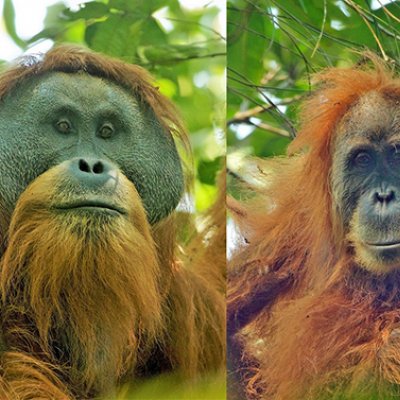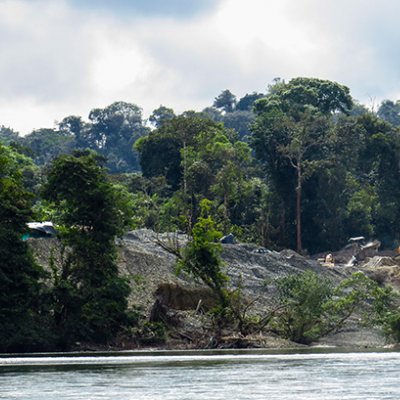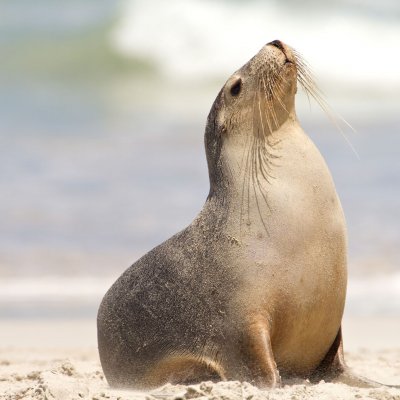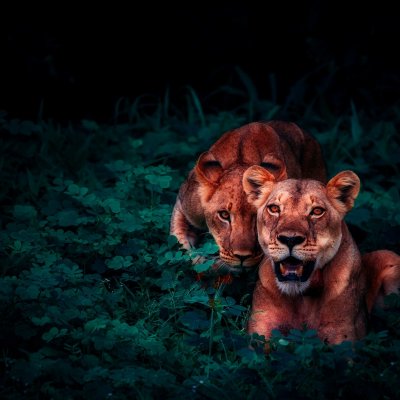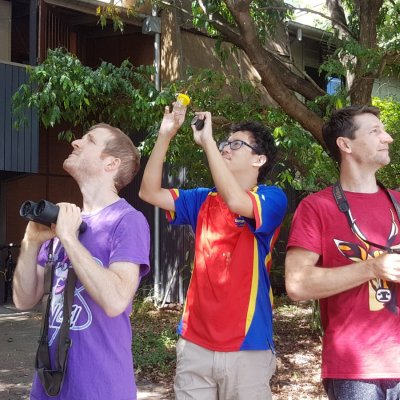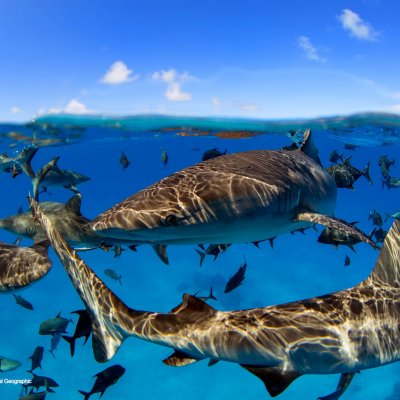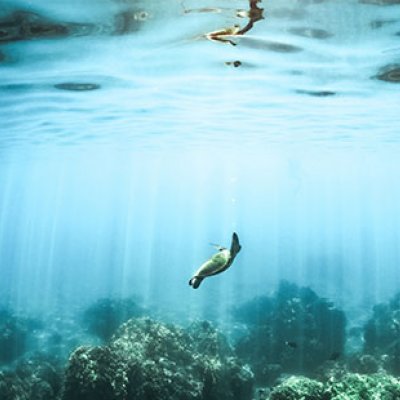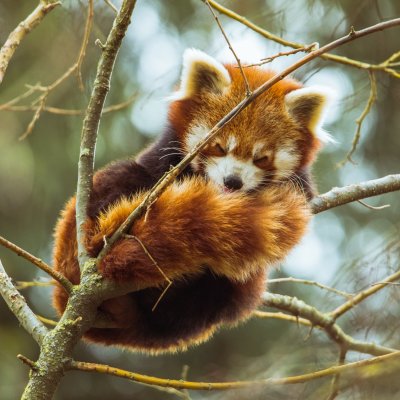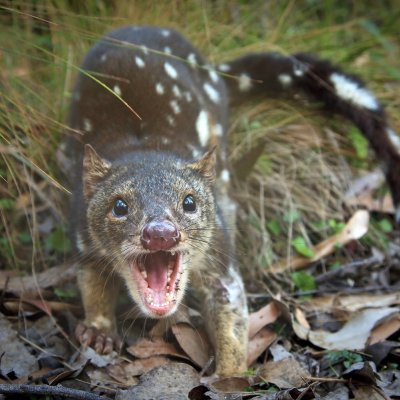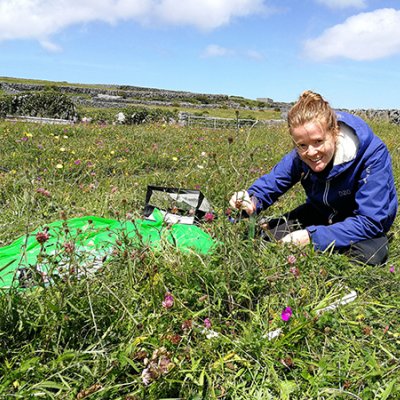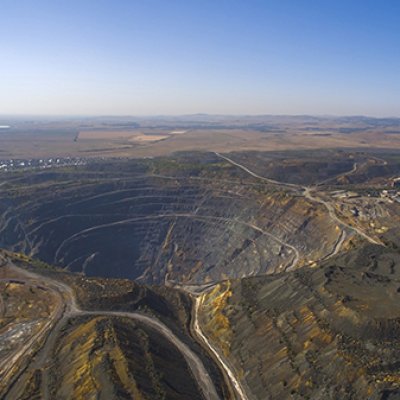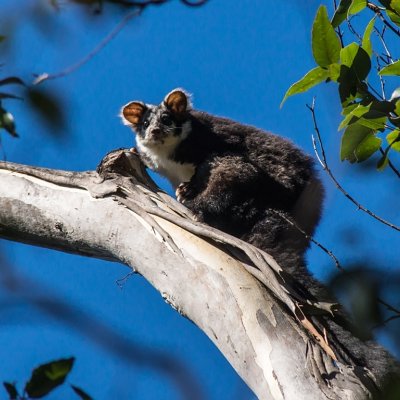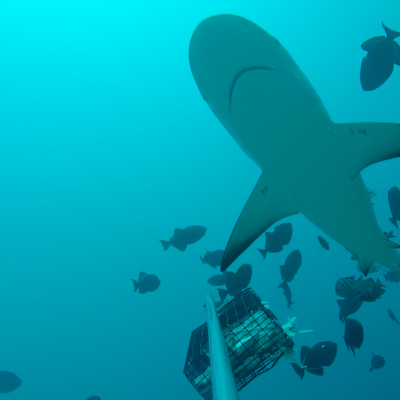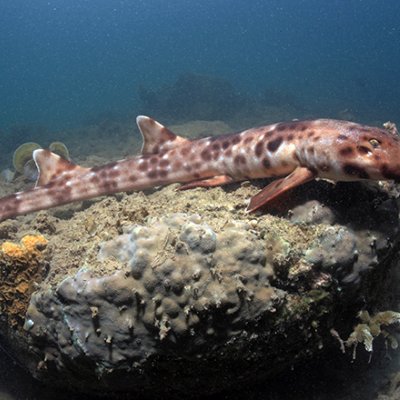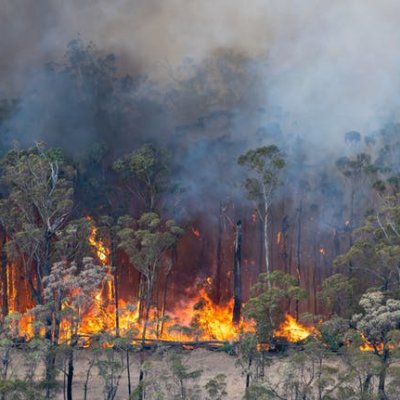Installing the state’s largest behind-the-meter battery has saved The University of Queensland almost $74,000 in electricity costs in three months.
20 May 2020Most financiers of international infrastructure program, the Belt and Road Initiative (BRI), are falling short on biodiversity safeguards, according to University of Queensland research.
12 May 2020Logging of native forests increases the risk and severity of fire and likely had a profound effect on the recent, catastrophic Australian bushfires, according to new research.
6 May 2020A study of deforestation in Colombia by researchers from The University of Queensland has revealed some valuable insights which could be used to help slow deforestation in areas around the globe.
1 May 2020Populations of Australia’s threatened mammals have declined by 38 per cent on average in 20 years, yet research shows conservation efforts have led to significant recoveries.
23 April 2020Conservation researchers have debated two different approaches to protecting biodiversity for years, but an international team of scientists has found a combination could achieve the best results.
22 April 2020Stuck together in isolation, three University of Queensland scientists have started a new online challenge to get us more acquainted with our (very) local wildlife.
17 April 2020Freeways have failed to solve traffic congestion, but transport planners globally are hesitant to remove or rethink them, according to University of Queensland research.
7 April 2020It’s not too late to rescue global marine life, according to a study outlining the steps needed for marine ecosystems to recover from damage by 2050.
2 April 2020A University of Queensland study has revealed that carbon capture and storage (CCS) could be a real option for Queensland.
24 March 2020A consortium led by The University of Queensland and The University of Western Australia has secured $30 million from the Federal Government to help regional communities transition to sustainable futures after their local mines close.
13 March 2020At least 26 per cent of our oceans need urgent conservation attention to preserve Earth’s marine biodiversity, a University of Queensland-led international study has found.
21 February 2020Prioritising and tracking the protection of countries’ ecosystems – from wetlands to reefs, forests and more – is critical to protecting Earth’s biodiversity.
21 February 2020A new approach to compensate for the impact of development may be an effective alternative to biodiversity offsetting – and help nations achieve international biodiversity targets.
12 February 2020Plants that break some of the ‘rules’ of ecology by adapting in unconventional ways may have a higher chance of surviving climate change, according to University of Queensland-led research.
10 February 2020University of Queensland researchers have developed a framework that aims to reduce the mining industry’s impact on climate change by accounting for sources and sinks of greenhouse gas (GHG) emissions.
4 February 2020Drastic ecosystem interventions like eradicating an unwanted species can sometimes backfire, but new University of Queensland-led modelling may help to avoid these ecological hiccups.
29 January 2020‘No-take’ marine reserves - where fishing is banned - can reverse the decline in the world’s coral reef shark populations caused by overfishing, according to an Australian study.
24 January 2020Four new species of tropical sharks that use their fins to walk are causing a stir in waters off northern Australia and New Guinea.
21 January 2020More than one billion mammals, birds, and reptiles across eastern Australia are estimated to have been affected by the current fire catastrophe.
20 January 2020- ‹ previous
- 3 of 4
- next ›

